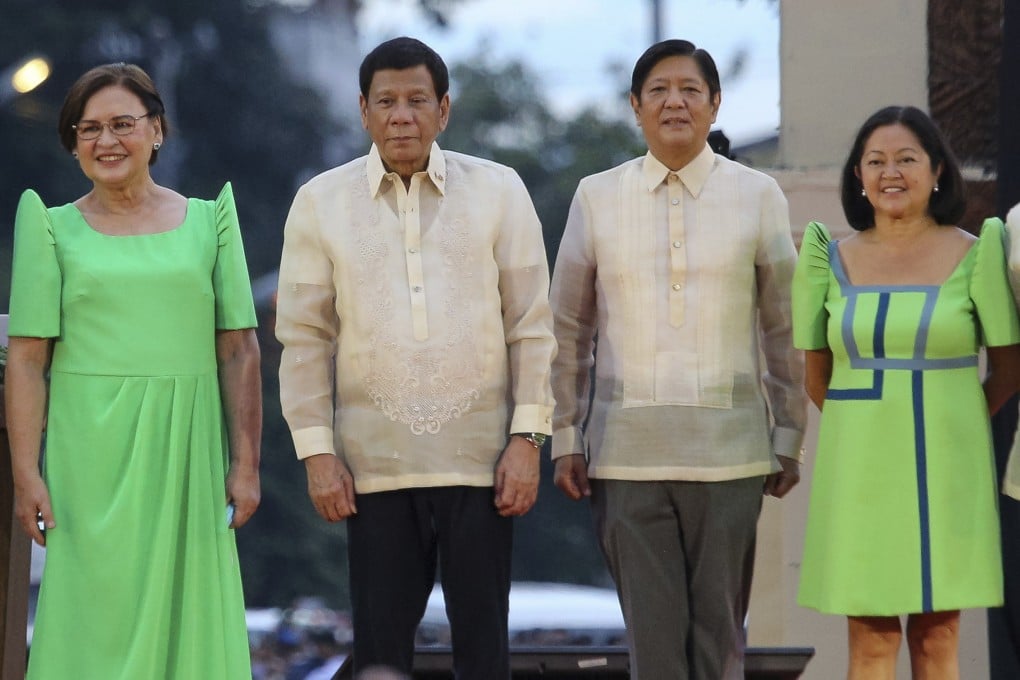Advertisement
Philippines’ food and energy crises, China oil deal to greet Marcos Jnr as he takes office
- Outgoing President Duterte leaves Marcos Jnr with a greater national debt burden and 5.4 per cent domestic inflation that could exceed 6 per cent by July
- Marcos Jnr will have to navigate surging prices, a looming energy crisis, poor infrastructure and rising Covid-19 cases in Manila
Reading Time:4 minutes
Why you can trust SCMP
19

Incoming Philippine President Ferdinand “Bongbong” Marcos Jnr will barely have time to toast his presidential victory, as a mounting set of challenges awaits him.
After he is sworn in on Thursday, he will have to tackle the ongoing surge in prices of basic goods, electricity and oil, alongside a looming energy crisis and pressure from China to sign an oil exploration agreement.
Other concerns include continued public transportation woes in Metro Manila, the capital region that is the heart of the country’s industry and finance. The region is also battling a resurgence of Covid-19 infections.
The new Philippine commander-in-chief will also have to manage strong expectations by his supporters that he will make good on his election promise to halve the current price of rice from 39 pesos a kilo (US$0.71) to 20 pesos.

Unlike Marcos Jnr’s predecessor Rodrigo Duterte, who came into office in 2016 to a cash-rich national treasury, a national debt burden of 5.9 trillion pesos (US$107.2 billion), a 40.3 per cent debt-to-GDP ratio, the highest GDP growth rate and lowest poverty rate since 1986, Marcos Jnr will inherit what observers say is a faltering economy running almost on empty.
Duterte will leave Marcos Jnr with a national debt burden of 13 trillion pesos – having added 7 trillion pesos to it – and a 5.4 per cent domestic inflation rate.
Advertisement
Select Voice
Choose your listening speed
Get through articles 2-3x faster
1.1x
220 WPM
Slow
Normal
Fast
1.1x